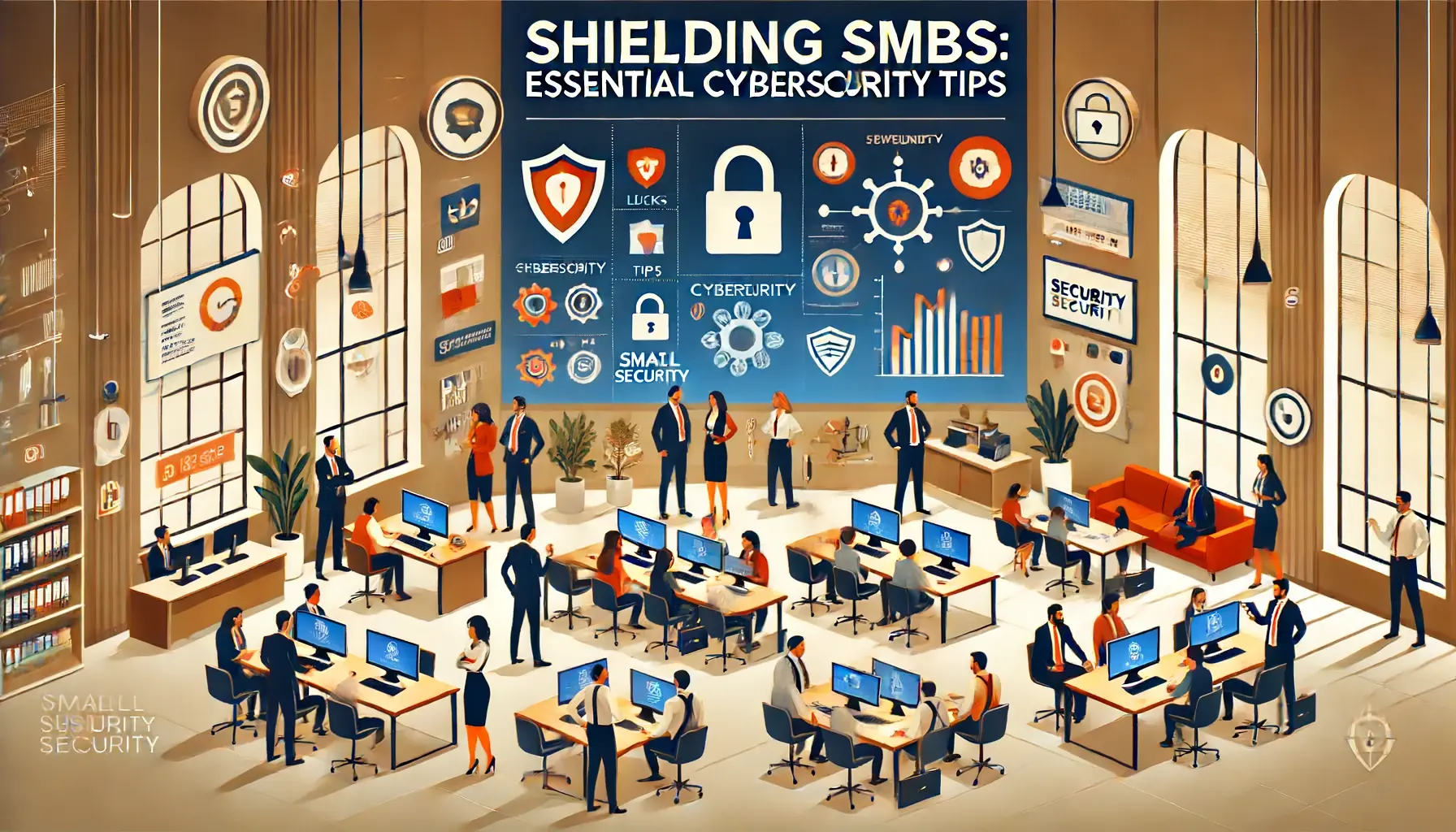3 min read
Shielding SMBs: Essential Cybersecurity Tips
Cybersecurity for Small Businesses: Protecting Your Digital AssetsIn today's digital age, the threat of cyber attacks has become a pressing concern...
1 min read
![]() The Amazing Team At Focus EduSolutions
:
Mar 6, 2024 11:45:00 AM
The Amazing Team At Focus EduSolutions
:
Mar 6, 2024 11:45:00 AM
In the rapidly evolving digital landscape, small businesses face increasing threats from cybercriminals. Cybersecurity is no longer a luxury but a necessity. "Small Biz Cybersecurity: Start Safe" is your go-to guide, offering actionable insights and strategies to protect your business from cyber threats.
Cybersecurity involves protecting internet-connected systems, including hardware, software, and data, from cyberattacks. For small businesses, this means safeguarding your customer data, financial information, and proprietary secrets from unauthorized access and theft.
Small businesses often assume they're too small to be targeted. However, their limited security measures make them attractive targets for cybercriminals. A breach can result in significant financial losses, legal repercussions, and damage to your brand's reputation.
Cybersecurity is an ongoing process. Small businesses must remain vigilant and proactive in their cybersecurity efforts to protect against evolving threats. By implementing the practices outlined in "Small Biz Cybersecurity: Start Safe," you can significantly reduce your risk and secure your business's future in the digital age.
If you’re interested in more job tips and ways to advance your career, check out more details at ForceOne Cybersecurity.

3 min read
Cybersecurity for Small Businesses: Protecting Your Digital AssetsIn today's digital age, the threat of cyber attacks has become a pressing concern...

3 min read
With the increasing frequency and sophistication of cyber threats, protecting your digital assets and sensitive information is more important than...

3 min read
Cybersecurity Awareness Month: Safeguarding Our Digital WorldIntroduction:In today's interconnected and digitized world, where information is at our...